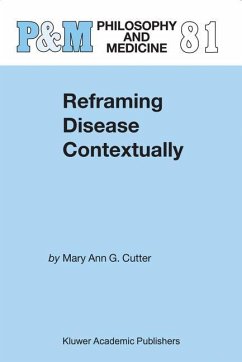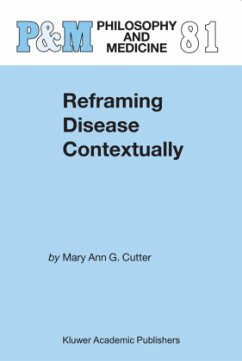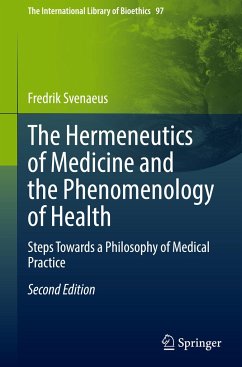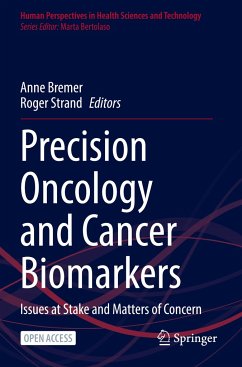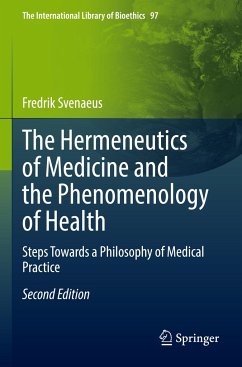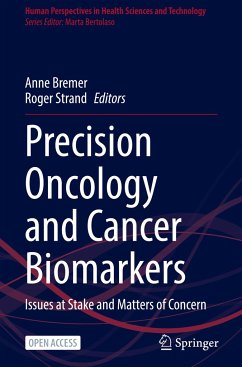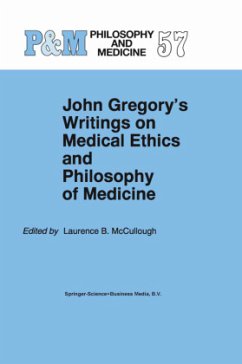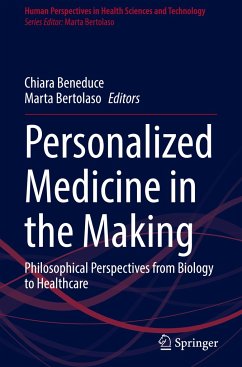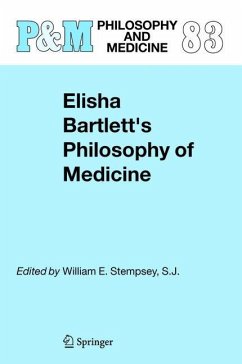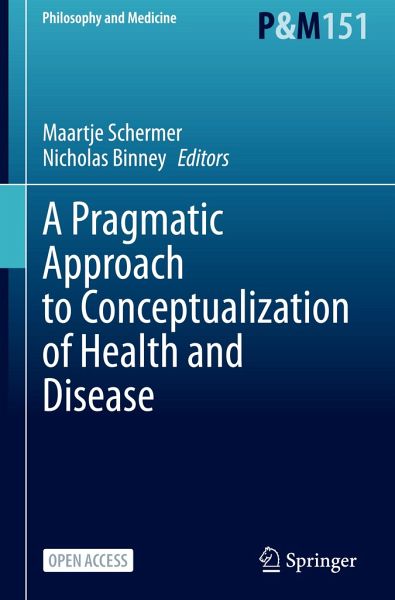
A Pragmatic Approach to Conceptualization of Health and Disease
Versandkostenfrei!
Versandfertig in 6-10 Tagen
38,99 €
inkl. MwSt.

PAYBACK Punkte
19 °P sammeln!
This open access book is an integrated historical and philosophical investigation of several problematic situations that emerge from diverse areas of medical practice. These include (but are not limited to):Paying less attention to patients who are suffering with symptoms because no identifiable pathological lesion or pathophysiological process can be found.Paying too much attention to patients who are not suffering with symptoms because pathological lesions or pathophysiological processes have been found.The tendency to understand patients at risk of developing pathology as being diseased.The...
This open access book is an integrated historical and philosophical investigation of several problematic situations that emerge from diverse areas of medical practice. These include (but are not limited to):
Paying less attention to patients who are suffering with symptoms because no identifiable pathological lesion or pathophysiological process can be found.Paying too much attention to patients who are not suffering with symptoms because pathological lesions or pathophysiological processes have been found.The tendency to understand patients at risk of developing pathology as being diseased.The tendency to disregard the importance of wider societal consequences of definitions of disease and health.
The book shows that many of these problems are related to what disease and health are considered to be and argues that these problems can be addressed by reconsidering the concepts of health and disease employed in practice. It argues for a pragmatic reconceptualization of health and disease that allows clinicians, researchers, and lay people to understand health and disease in many ways, depending on the specific context in which they find themselves and the problems they are trying to solve. In doing so, authors are careful to show how this pragmatism does not endorse "silly" forms of relativism, in which knowledge is reduced to belief or to whatever people find expedient to believe. This work is relevant for philosophers and historians a well as for doctors, health policy makers and other health professionals because it addresses problems sourced from medical practice, albeit using philosophical and historical methods.
Paying less attention to patients who are suffering with symptoms because no identifiable pathological lesion or pathophysiological process can be found.Paying too much attention to patients who are not suffering with symptoms because pathological lesions or pathophysiological processes have been found.The tendency to understand patients at risk of developing pathology as being diseased.The tendency to disregard the importance of wider societal consequences of definitions of disease and health.
The book shows that many of these problems are related to what disease and health are considered to be and argues that these problems can be addressed by reconsidering the concepts of health and disease employed in practice. It argues for a pragmatic reconceptualization of health and disease that allows clinicians, researchers, and lay people to understand health and disease in many ways, depending on the specific context in which they find themselves and the problems they are trying to solve. In doing so, authors are careful to show how this pragmatism does not endorse "silly" forms of relativism, in which knowledge is reduced to belief or to whatever people find expedient to believe. This work is relevant for philosophers and historians a well as for doctors, health policy makers and other health professionals because it addresses problems sourced from medical practice, albeit using philosophical and historical methods.




